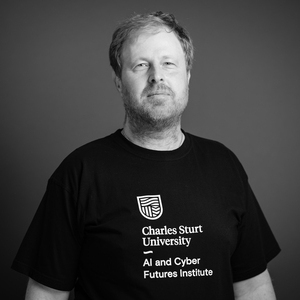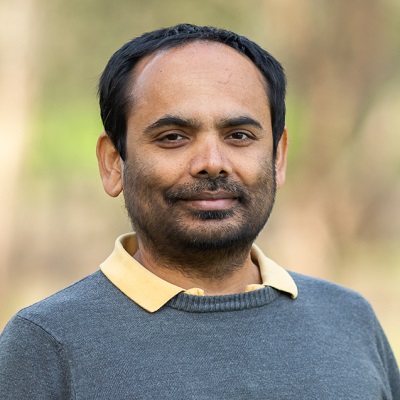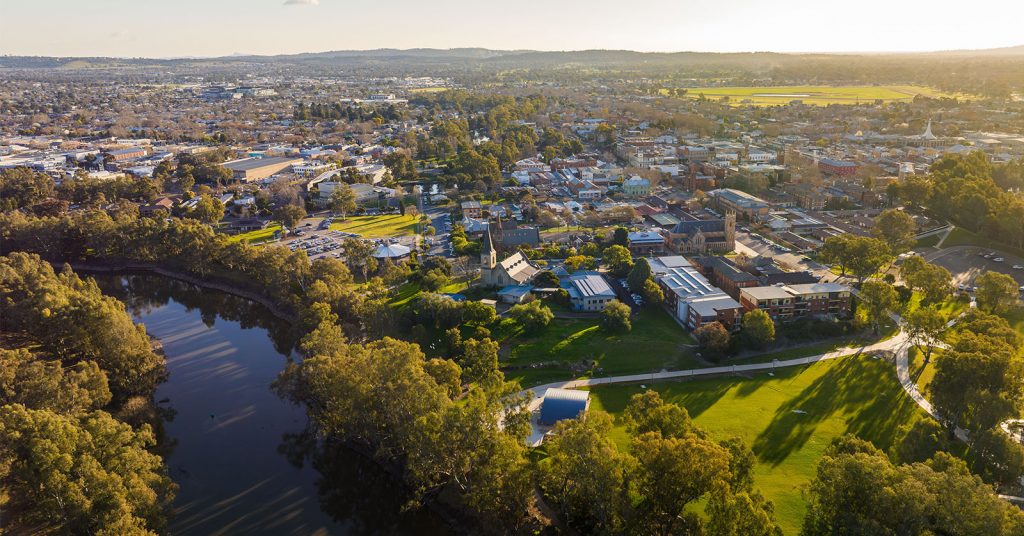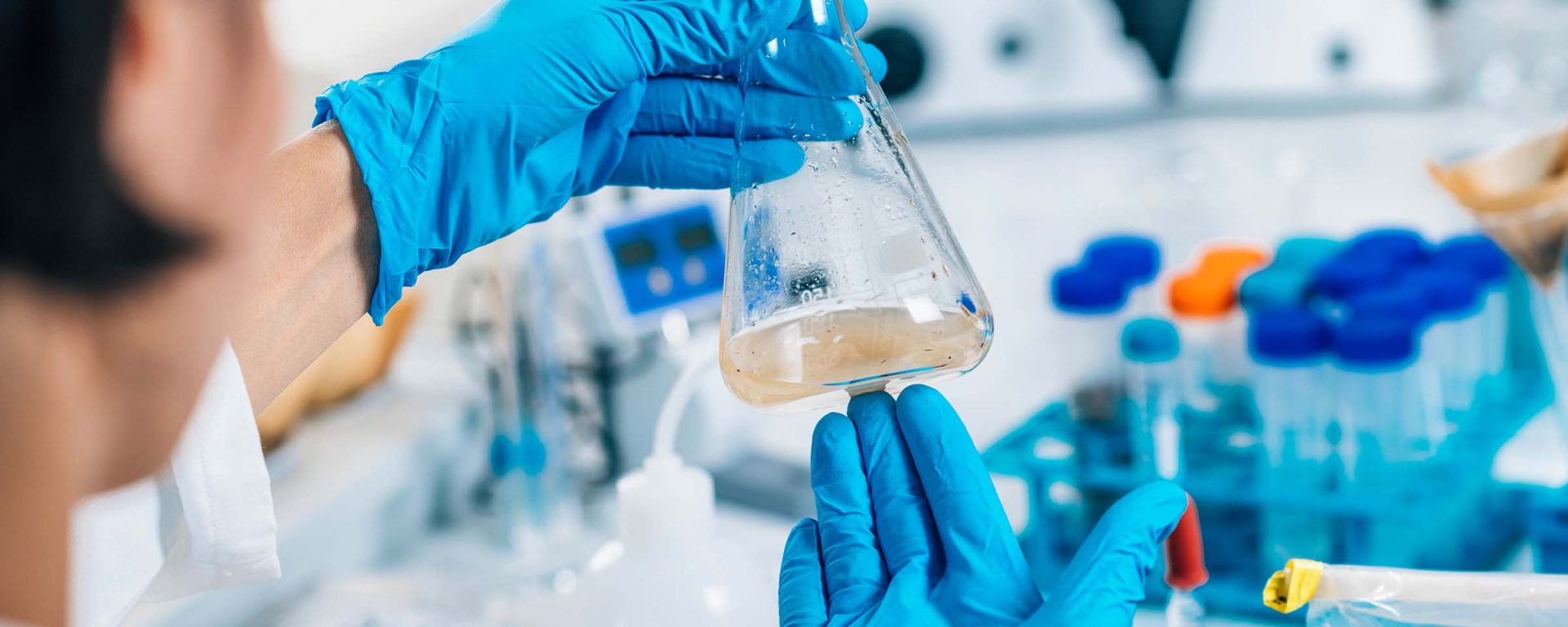Research in AI is cutting edge. It’s about harnessing the incredible technological power and potential of artificial intelligence and machine learning. But it’s also concerned with navigating the ethical dimensions of putting that power to use.
At Charles Sturt, our research is always underpinned by our ethos: yindyamarra winhanganha. This is a Wiradjuri phrase. It means ‘the wisdom of respectfully knowing how to live well in a world worth living in.’
This guiding principle helps our researchers orientate their projects around new knowledge that truly creates a world worth living in.
For two Charles Sturt academics, fuelled by this ethos, their research in AI has taken them down some very interesting paths. Or should that be waterways?
Research in AI: using water to power computers

Dr Ivan Maksymov is a Principal Research Fellow at the Charles Sturt Artificial Intelligence and Cyber Futures Institute. He created a unique analog computer that uses running water to predict complex events like weather and financial markets.
Dr Maksymov’s computer uses waves formed by water when it is pumped over a metal surface. By encoding data like temperature and wind speed into the electric signal driving the water pump, the waves can be turned into patterns. We can then analyse these patterns to forecast future conditions. We can predict weather, currency exchange rates, electricity consumption, and more by interpreting these patterns.
This technology could be miniaturised into a microchip. It would then be accessible and easy to use anywhere.

According to Dr Maksymov, large companies typically need to use expensive cloud-based services from corporations like Google or IBM to create AI systems. However, his prototype offers an affordable alternative. It could work even with something as simple as a kitchen tap.
His goal is to develop new types of computers and AI systems that can benefit rural and remote communities. Predicting events like climate change, bushfires and financial markets is challenging due to their complex and chaotic nature. Traditional methods require supercomputers, which are expensive, difficult to maintain and consume a lot of power. Additionally, regional Australia has limited access to supercomputers.
In the past, we have used analog computers, which use continuous electric current flow to process data, to solve such problems. Though they were phased out with the advent of digital computers, analog computers are making a comeback for AI applications. That’s because they are efficient in handling complex models.
In short, Dr Maksymov’s water-based analog computer represents a significant advancement in accessible AI, offering a powerful and cost-effective alternative for predicting complex events.

Research in AI: improving marine ecosystems

Dr Azizur Rahman is an Associate Professor in mathematics and statistics at Charles Sturt University. His research in AI is making marine ecosystems healthier and more sustainable.
Dr Rahman is looking at how to use machine learning (ML) and artificial intelligence (AI) to better measure the health of aquatic ecosystems, which was traditionally done manually.
This new method will help make better, data-driven decisions in managing water resources and protecting the environment.
By using ML and AI, Dr Rahman can more accuratley analyse an ecosystem’s overall productivity. And his methods is more reliable than traditional techniques of doing this.
His study found that the quality of water in an Irish bay decreased due to pressures like wastewater and agricultural runoff. From this, Dr Rahman believes his technique can be applied to other water bodies. This could include places in Australia like Byron Bay or Sydney Harbour, as well as inland waters such as Lake Albert and the Murrumbidgee River.
With the enhanced data produced by this improved method of analysis, various stakeholders, including researchers and policymakers, can make better decisions to manage and conserve water resources. Which benefits the environment and also society.
Which is very much about creating a world worth living in.

Want to use AI to make the world a better place?
Start with our Bachelor of Computer Science. You’ll gain a solid foundation in AI and also all the other aspects of computer systems. Software, programming, security and machine learning.
Then, when you want to take your learning further, check out our Graduate Certificate in Applied Artificial Intelligence, which will put you, too, at the cutting edge of tech innovation.
Chat with our friendly team for more info about where working with AI could take you.


You must be logged in to post a comment.